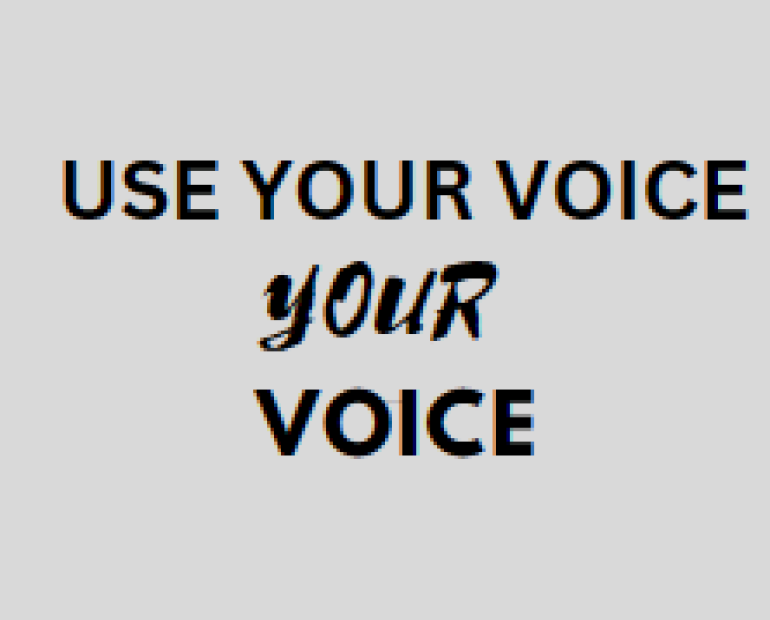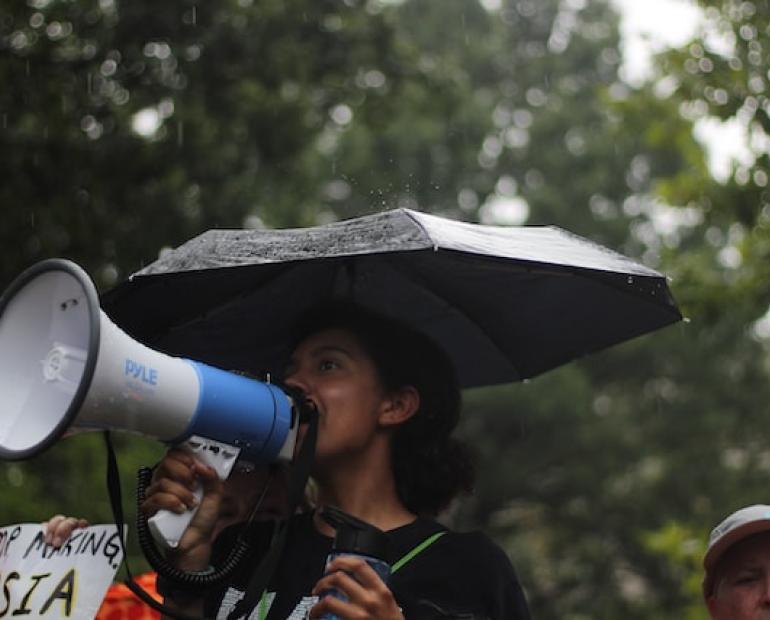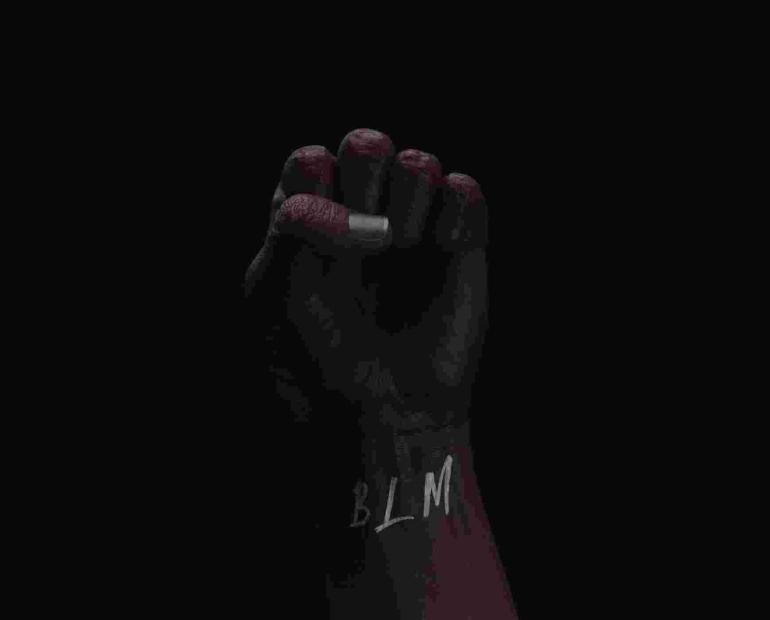
The necessity of tolerance in our society is the question that has crossed the minds of many. Communicating effectively with people with disabilities and discerning when our assistance is needed are queries we've all grappled with at some point.
The journey began in August when I learned about the first wave of UPSHIFT in Zakarpattia Oblast, in Ukraine. After thinking what I was concerned about, I wanted to address the lack of adapted infrastructure for people with disabilities. I shared my thoughts with the girls. Talking with Yana and Veronika, we created 'Rules Makers,' and submitted an application that resonated with the organizers. Soon, I received a reply, saying we’d been shortlisted and inviting us to participate in the boot camp.
The four days of intensive work became an impetus for me to make personal changes. The methodology involves looking at a problem tree to dig deeper to determine what is causing the problem you want to solve. My perspectives underwent evolution through diverse written musings, reflections, meaningful conversations, and constructive feedback.
I realized that solving the problem of transport accessibility was not for a space like UPSHIFT. UPSHIFT is all about young people and it's meant to work for them. The understanding of the problem and its solution transformed into an educational podcast on communication skills to connect with people with disabilities. The refocused objective aims not only to provide young people with more knowledge on this topic but also to give them the possibility, in turn, to change society in the future.
This is my first time leading a youth project, and it has given me valuable experiences and new contacts. After the boot camp, we moved into the project implementation phase, making it one of the busiest periods of this year.
To prepare for our podcast-lecture, we looked for an expert who could use the right words. This person explained the social factors that shape a person's character and how it affects each of us. We also discussed why it's essential to learn about various topics and how education helps to build tolerance in Ukrainian society.
In the podcast part, we had two guests, people with disabilities who shared their stories and experiences in public life. It added a personal touch to our project, giving a deeper understanding of the challenges they face in a society that sometimes overlooks them.
Having gone from an idea of how to solve a big problem to implementing a youth-led project, I have learned a lot about inclusion. Here are five practical tips for ethical communication and interaction with people with disabilities:
1. First, always remember you are looking at a person, not a form of disability. Acknowledge their name, hobbies, occupation and interests, recognizing the person beyond their condition.
2. When offering assistance, inquire if it's needed. If the answer is affirmative, ask what kind of help is preferred.
3. If the person is accompanied, address them without intermediaries, respecting their autonomy.
4. Uphold personal space and boundaries. Avoid touching personal items like wheelchairs, canes, or prosthetics without seeking permission.
5. Behave naturally. Each of us needs to create a comfortable environment for communication, acknowledging the shared responsibility in creating an inclusive space.
Everyone has emotions and needs. Among the most prevalent are secure attachment and acceptance, autonomy, a sense of competence, self-expression, personal boundaries, and a comfort zone. No matter the type of disability, each person is complete and has the right for all the necessary things for a good quality of life. Together, as a society, we can work to solve existing problems.








